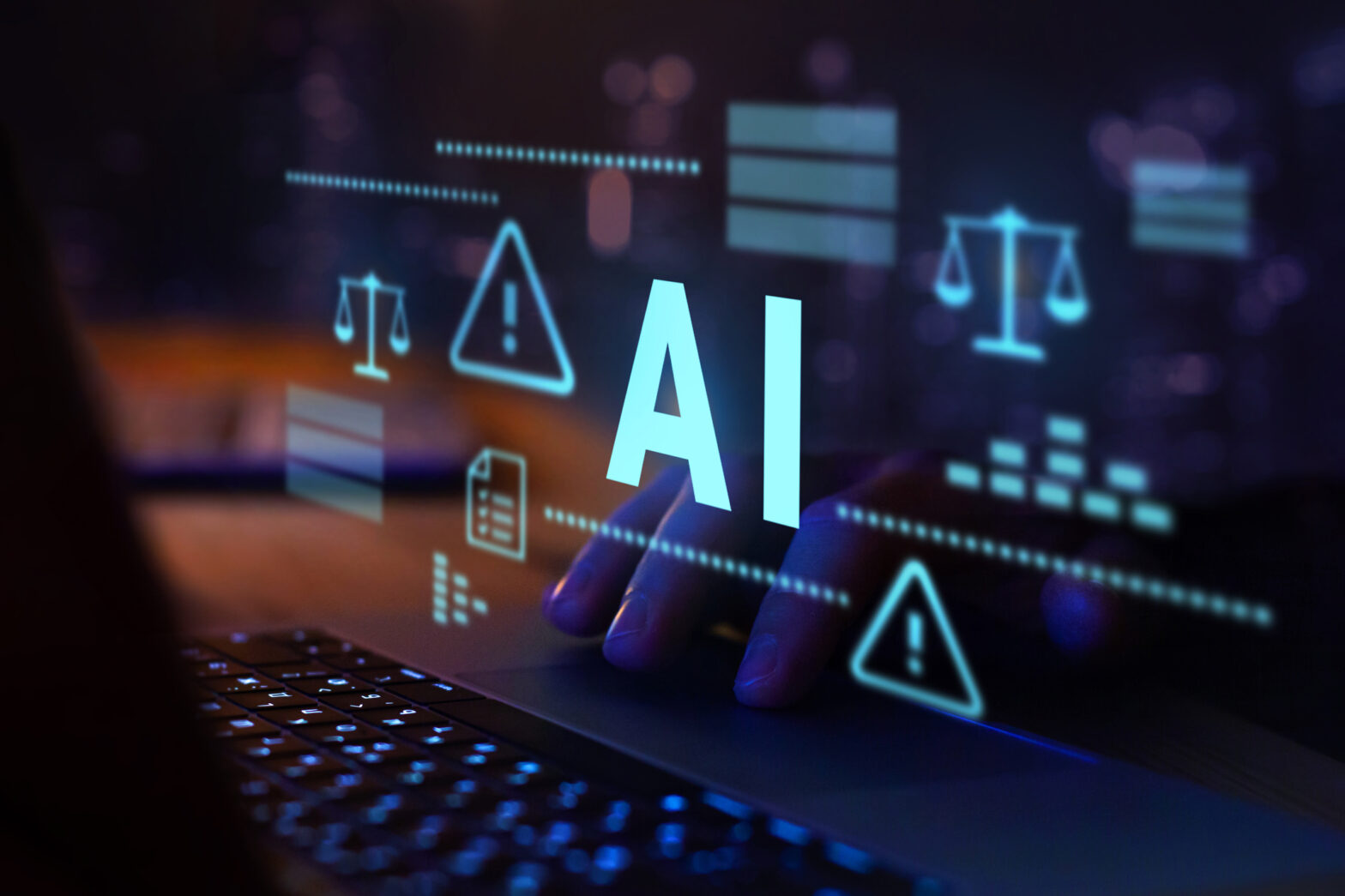Many of today’s jobs won’t be here tomorrow. In fact, they’ll disappear to the tune of over 100 million by 2025, according to McKinsey reports.
It’s an alarming statistic. And, like many of you, I find myself unsettled. In light of information like that, I can’t help but wonder: What will the jobs of the future be like? What will we be doing? What will our kids be doing? But before we think forward, think backward.
The job market is a recycling machine — creating new jobs, sometimes stemming from the destruction of the old ones. Word processors, typists, telephone operators, and proofreaders are largely a thing of the past now.
Meanwhile, a vast number of high-paying jobs that are commonplace today — computer/systems managers, computer software engineers, and financial advisors and analysts — didn’t exist 30 years ago.
>See also: Predictive analytics – what if you could access tomorrow’s stocks and shares today?
This trend will continue as robotic technology advances, particularly when it comes to back-office jobs that require less of the ‘human touch’.
What will the jobs of the future be like? I see future employment being based on three key human qualities: our ability to use our intellect for complex problem solving, our need for more immersive experiences and entertainment, and our ability to empathise with others.
Rise of the predictive economy
Our current economy is a reactive economy. We have built fantastic institutions like insurance companies, urgent care centres, auto body shops, and more based on our reactions to accidents and medical crises, as well as our needs and wants.
Reliance on these institutions is the best system we have as of now. It’s good for today but it will not be acceptable for tomorrow. Companies are already taking this change into account. Amazon, for instance, has been laser-focused on getting us anything we want as fast as humanly possible, but as ‘get it fast’ becomes yesterday’s news, ‘get it without asking’ is what’s happening today, as is evidenced by their subscribe and save model.
Tomorrow, we will live in a ‘predictive economy’ — one that doesn’t wait for things to happen. We’ll look at home automation — already making its way into modern residences today — and determine how our inanimate house can become increasingly animated, anticipating our comfort needs and patterns.
We’ll make it possible to predict what days of the month we will need certain amounts of paper towels or coffee grounds to appear on our doorsteps. Once a few places embrace the predictive economy, suddenly our current reactive method will seem inadequate everywhere.
We’ll question why car accidents or heart attacks happen, and determine that they don’t have to. We’ll look at problems like food waste or hunger and find ways to use local food at its peak time, or ensure that people worldwide have meals to eat.
Looking at a snapshot of the job forecast for the year 2022, it appears that many jobs could have elements of the predictive economy, and will fit into industries such as services (of all kinds), healthcare and retail. In each of these areas, as devices are reimagined through the lens of the predictive economy, a new wave of engineering, design and services will emerge.
Companies like Whirlpool could become the next Apple. Dishwashers, vehicles, wearable technology, new medical devices and systems will require scores of people to conceptualise, design, mass produce, market, sell, implement and service these new products, i.e. a new workforce. And it will take teams of analytical, predictive workers and new service delivery standards to deliver the outcomes that customers will get accustomed and demand.
The economic and cultural impact will be nothing less than astronomical.
>See also: Why the Internet of Things is more than just a smart fridge
Immersive experiences and entertainment
As time has shown, with increased productivity, and as mundane or repetitive tasks are reduced with modern inventions, we tend to have more time for richer experiences, like travel and all types of entertainment.
In addition, we no longer necessarily have a hard and fast separation between entertainment and work; archetypal 9-5 hours are disappearing, and we entertain ourselves during traditional ‘non-entertainment’ activities, playing on phone apps while we wait in line at Costco, for example.
I see the second biggest technology transformation coming in entertainment and leisure — something for which our society has an almost infinite appetite.
Entertainment will be woven in everywhere, including in the machines and devices we use on a daily basis. You’ll be able to choose the color and even pattern of your self-driving car for the day, and then spend your hour commute sitting back and enjoying an interactive experience on the way home; in malls, you’ll have virtual reality-based theme parks. Surfaces of all kinds will become screens. Your home theaters will let you experience movies, music and television in an increasingly kinesthetic way.
These new entertainment devices, new methods of delivering entertainment, and increasingly interactive experiences will lead to a much bigger industry and higher paying new jobs. Since we’ll have new opportunities for entertainment wherever we look, we’ll fittingly have new jobs to drive the authenticity of those experiences.
The person in the entertainment job of the future will be a cross-functional asset. Perhaps a virtual-reality rock climbing experience under production will require a rock-climbing expert. Someone currently working at an indoor rock-climbing arena for £8 an hour might end up with a £100,000 job directing this virtual experience to ensure authenticity of experience. Or perhaps someone with a marketing degree who has, as a hobby, become proficient on a musical instrument might end up working on viral campaigns for virtual music lessons. The possibilities for professions in future entertainment are as limitless as our appetite for entertainment itself.
Exercising empathy like stock
We’ve considered analytical and recreational areas where job opportunities will arise, but what about something closer and deeper to our being?
In considering the traits inherent to humankind — those that can’t be automated — empathy continues to come to mind for me. It is a trait we will always possess. In today’s world, charitable organisations have done vast amounts of good, but as we look at the future, there is still so much more that needs to happen.
It is in tomorrow’s pursuits to better the world we live in that I see the potential for another type of workforce, energised by empathy and fueled by data.
Until now, commercial analytical tools and methods were only available to a select few for select purposes. With the rise of predictive devices, there will be vast amounts of data available for every aspect of life, including charitable causes.
Very soon, we will be able to measure the cost of saving lives, or the cost of educating a person, or the cost of saving a carbon emission. We have social performance measurements (SPM), but they will be standardised, and an ‘empathy exchange’ will be born.
Such an exchange would allow you to ‘invest’ in a charity that has, for instance, a lower cost of saving a life. If you decide to invest £1000 in saving a life, it will be as easy as buying a stock. Or if you have more to invest, perhaps you’d diversify your portfolio, investing 40% towards education, 20% towards green initiatives, 30% towards medical research, and so on.
>See also: The holy grail of big data: Becoming a predictive enterprise
An empathy exchange will enable billions of dollars of capital flow and a model for optimal talent allocation for the purpose of ‘making a difference’, which will energise a very different workforce that many will choose to engage in.
It will drive social performance, with some of the same efficiencies of a capital system where some charitable work processes can be done offshore.
Investments in an organisation that can, for instance, predict and quell the spread of a pandemic will lead to jobs to accomplish that mission. Professionals might find themselves working on immunisation delivery, assigning medical personnel to various regions, following up with patient records and analysing the data, public education, and more. These jobs will be the product of empathy, and the desire to make a difference.
History has proven it again and again: with the dawn of new technology comes the dawn of an era of new employment possibilities. Rather than fearing the future, embrace what good can and will come. It will be tremendous to see the impact on society and how the human race will evolve — yet again.
Sourced from Mihir Shukla. CEO, Automation Anywhere










